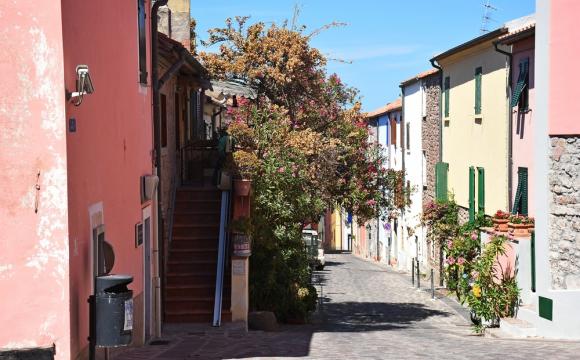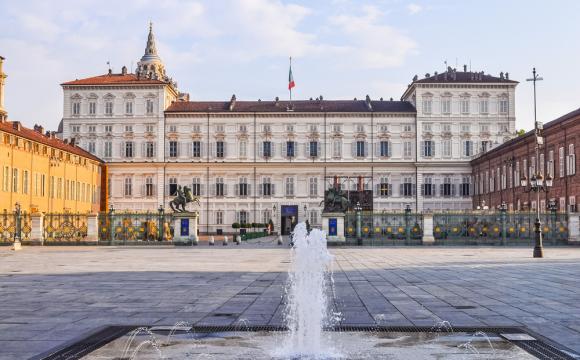Italians are busy throughout the autumn months collecting the year's harvest, and that includes olives, many of which will find their way into olive oil. Olive oil is known throughout the world as a healthy part of the Mediterranean diet as it can help keep cholesterol levels low, protect against heart disease, lower the incidence of gallstones, and lessen the risk of colon cancer.
For centuries, Italians, in particular, have had a special fondness for olive oil, adding it to savory and sweet dishes alike often in place of butter or margarine, which are generally higher in saturated fat.
Other than olive oil, what happens to olives?
Many Italians also preserve olives to enjoy throughout the winter. One common method in Calabria is to soak green olives in water for a couple days, remove the pits, and smash them down into a jar with fennel, garlic, salt, and peperoncini (hot peppers). Black olives, on the other hand, are usually soaked, salted, and dried in the oven.
In the following videos, you can follow the making of olive oil from collection of the olives off trees on through to the frantoio, where they are pressed into oil; as a special treat, the last video shows you how to taste extra-virgin olive oil:
Now you're reading to go olive-picking, but whatever you do, though, don't eat olives directly from a tree! You'll know why within two seconds of biting into the bitter fruit.
Do you use olive oil? Have you experienced its health benefits firsthand?













